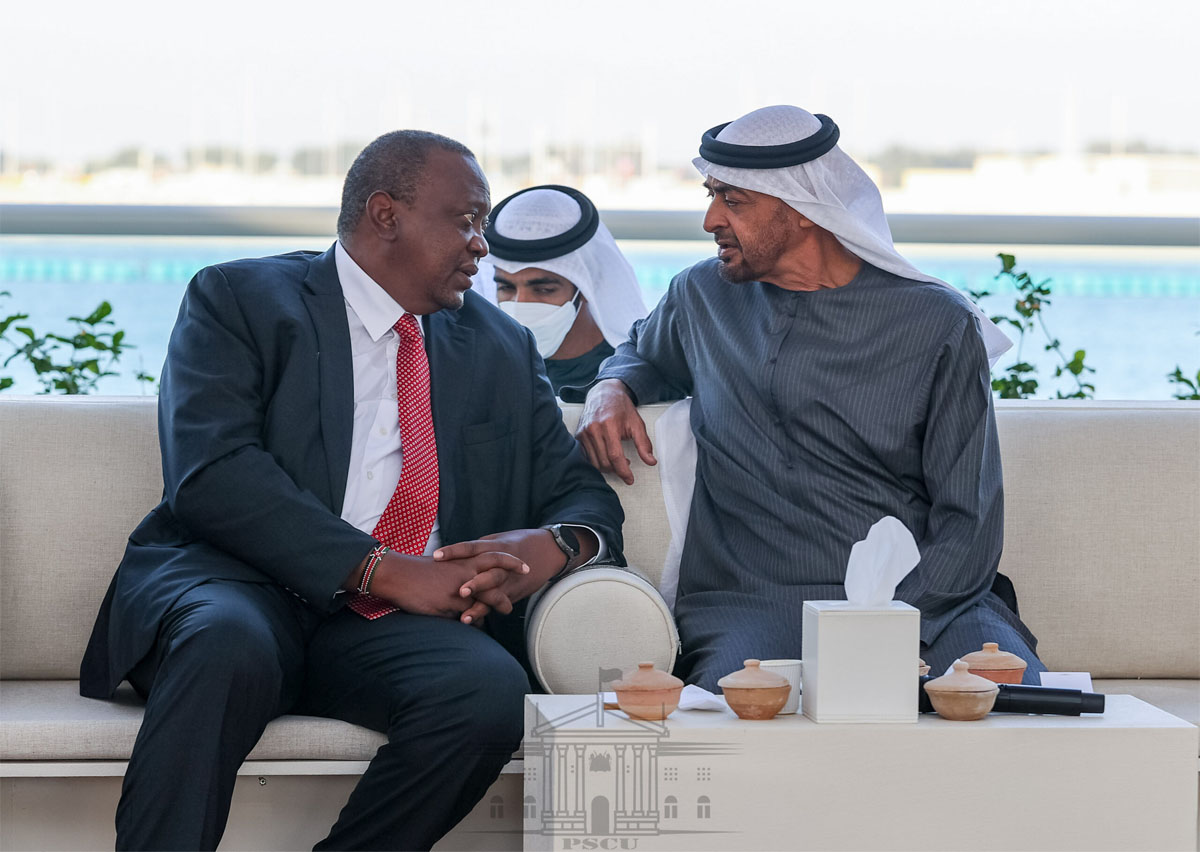
Photo Credit: Getty images
The Kenyan government is reportedly in the final stages of negotiating a $1.5 billion loan from the United Arab Emirates (UAE) to help bridge its budget financing gap. According to sources familiar with the matter, the loan would come with an interest rate of 8.2%, lower than yields on Kenya's existing sovereign bonds
"Kenya is diversifying its sources of budget support," a source told Reuters. "The deal is as good as done."
The potential loan comes as Kenya struggles to find new financing sources after political unrest earlier this year forced President William Ruto to scrap planned tax hikes worth over 346 billion shillings ($2.7 billion). This, combined with delays in expected funding from the International Monetary Fund (IMF), has put pressure on government finances.
Kenya's budget deficit is now projected to widen to 4.3% of GDP this fiscal year, up from the original target of 3.3%. To address the shortfall, officials aim to secure around $2.8 billion in foreign loansmand borrow $3.2 billion domestically.
The UAE loan, if finalized, would provide much-needed fiscal relief. Kenya has faced high borrowing costs recently, paying a 10.375% yield on a $1.5 billion Eurobond issued in February.
This potential deal reflects strengthening ties between Kenya and the UAE under President Ruto's administration. Last year, Kenya selected UAE firms Abu Dhabi National Oil Company and Emirates National Oil Company to supply oil on extended credit terms.
The UAE has become an increasingly important financial partner in the region. In 2018, it provided Ethiopia with a $1 billion loan during a severe foreign currency crunch. More recently, the UAE signed a $35 billion investment deal with Egypt to develop its Mediterranean coastline.
News of the potential loan sparked a rally in Kenya's dollar bonds, with the 2048 maturity rising as much as 1.89 cents to trade at 84.3 cents on the dollar.
However, some analysts caution that while the loan would provide short-term relief, Kenya must address underlying fiscal challenges. "This loan buys time, but sustainable solutions are needed to reduce Kenya's reliance on external financing," said John Kinuthia, anm economist at the International Budget Partnership.
The Kenyan Treasury and UAE finance ministry have not yet officially commented on the reported loan negotiations. If finalized, the deal would mark a significant step in Kenya's efforts to stabilize its finances and diversify funding sources beyond traditional Western lenders and capital markets.

















